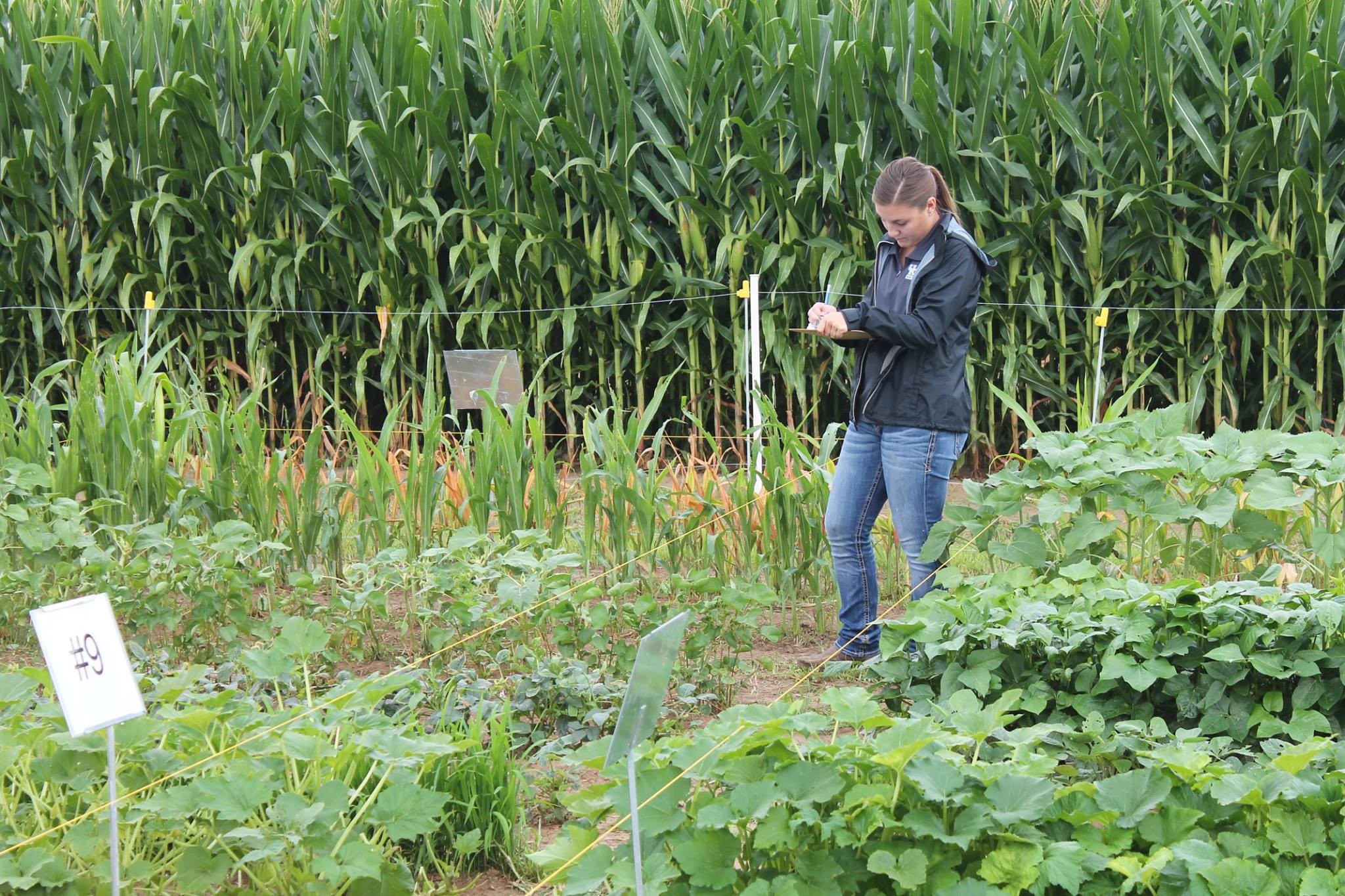 Agricenter/Facebook
Agricenter/Facebook
Agricenter International has kicked off a five-year study on a newly minted organic farm to help local farmers get a leg up and, hopefully, cash in on the consumer hunger for naturally grown foods.
Scientists at Agricenter have conducted crop research at the 1,000-acre farm across the street from Shelby Farms Park since 1984. The center has mainly done this by conducting trials for outside companies.
But Dr. Bruce Kirksey, Agricenter’s director of research, said the center is trying to do more of its own research. They wanted to focus on organics because “this is not a fad. This is going to happen,” according to Agricenter president, John Butler.
“So, do we want to capture that value here for our producers [farmers],” said Butler. “Or, do we allow somebody else to ship it in from Mexico, Canada, or Turkey?”
The short answer, no.
So, what Butler and Kirskey want to do is to make all the mistakes a farmer would have to go through to get fields certified organic by the USDA, select the right crops for the Midsouth climate, and plant and raise them correctly. And the two readily admit they’ve made mistakes along the way.
Agricenter now has 218 acres certified organic by the USDA, a process that took three years. Ten of those acres are devoted to research. They planted corn on the plot this year and recently harvested it. But Kirskey said next year will be the farm’s big year for organic field trials. They’ll focus on corn and soybeans but will also conduct research on tomatoes, onion, beans, peas, and more.
 Agricenter
Agricenter
Lankford
The center hired Chris Lankford late last year as the farm’s manager. He’s managed his family farm in Ripley for 27 years, supplying Memphis-area Kroger stores with tomatoes for more than 30 years. Before his new job at Agricenter, Lankford was the farm manager at PictSweet where he grew sweet corn, edamame, turnip greens, collard greens, green peas, black eyed peas, and kale.
The state of Colorado now has about 500,000 acres of organic farmland, Butler said. Tennessee has about 1,500.
“If more and more [organic farming] will continue to migrate into the Delta — and we think it will — the opportunity is going to be greater and greater,” Butler said. So, we want to be ahead of that trend. If producers decide they want to move into that area, we will have three or four years of research already complied.
We want to understand the cost analysis and what the transition [to organic farming] looks like. We’ve been through it. And I’d say we’ve learned a lot.”